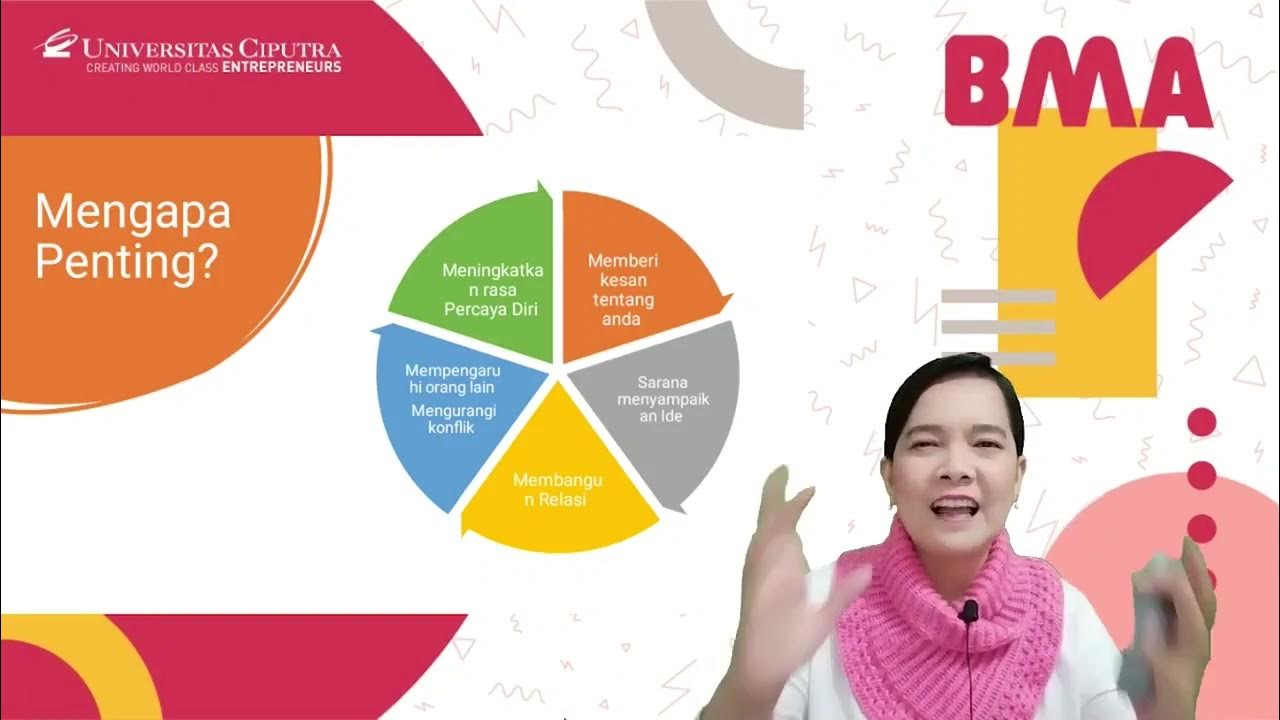14 Effective Conflict Resolution Techniques
Summary
TLDRIn this video, Brainy Dose presents 14 effective conflict resolution techniques designed to help individuals navigate disagreements in both personal and professional settings. The strategies emphasize active listening, maintaining emotional control, avoiding blame, and using compromise to foster mutual understanding. Techniques such as using 'I' statements, focusing on the present, and knowing when to apologize or forgive are highlighted. By prioritizing relationships over being right and practicing respectful communication, these methods aim to reduce tension and build stronger, more harmonious connections. This video provides valuable tools for resolving conflicts constructively and maintaining positive relationships.
Takeaways
- 😀 Don't Get Defensive: Avoid contradicting others and show that you respect their point of view, even if you disagree.
- 😀 Avoid The Blame Game: Focus on creating a respectful environment where everyone can express their views without attacking others.
- 😀 Listen Actively: Truly listen to understand the other person's perspective, rather than just preparing counterarguments.
- 😀 Begin Statements With 'I': Use 'I' statements to express your feelings instead of blaming the other person with 'you' statements.
- 😀 Tame Your Emotions: Stay calm and avoid speaking in anger to maintain rationality and a constructive discussion.
- 😀 Show That You Can Compromise: Be willing to make compromises to reach a resolution, even if you believe you're right.
- 😀 Don't Badmouth Someone To Others: Avoid spreading details of the conflict to others, as it can lead to further resentment and distrust.
- 😀 Don't Take It Personally: Separate criticism of your opinion or performance from personal attacks on your character.
- 😀 Pay Close Attention To Nonverbal Communication: Be aware of body language, facial expressions, and tone to detect hidden emotions.
- 😀 Prioritize Resolving The Conflict Over Being Right: Consider the bigger picture and the value of resolving the conflict instead of insisting on being right.
Q & A
Why is it important to avoid getting defensive during a conflict?
-Getting defensive during a conflict can escalate the situation and prevent productive communication. By not defending yourself immediately, you allow space for the other person to express their viewpoint, helping to defuse tension and build mutual respect.
What are the negative effects of the 'blame game' in conflict resolution?
-The blame game shifts focus from solving the issue to attacking the other person, which can damage relationships and hinder finding a resolution. Instead, fostering an atmosphere of respect helps all parties feel safe to express themselves.
How can active listening help resolve conflicts?
-Active listening allows you to fully understand the other person's perspective, which can lead to discovering common ground. By truly hearing the other person, you show respect and are more likely to find solutions that satisfy both parties.
Why is using 'I' statements more effective than using 'you' statements?
-'I' statements are less confrontational and help to communicate your feelings without accusing the other person. For example, saying 'I feel misunderstood' rather than 'You aren't listening' prevents the other person from becoming defensive.
What role do emotions play in conflict resolution, and how can they be managed?
-Emotions can cloud rational thinking, making it difficult to resolve conflicts productively. By waiting until you're calm to address the situation, you can better articulate your point and listen more openly to the other person’s perspective.
What is the importance of compromise in conflict resolution?
-Compromise is crucial because it allows all parties to find a middle ground. By showing willingness to adjust your stance, you demonstrate flexibility and focus on finding a solution that benefits everyone involved.
Why should you avoid badmouthing someone to others during a conflict?
-Badmouthing someone during a conflict can damage trust and escalate the situation. It also makes it harder to resolve the conflict directly. Instead, it’s better to vent privately and focus on resolving the issue without involving third parties.
How can we avoid taking things personally during a conflict?
-By separating the issue at hand from our personal identity, we can better handle criticism or disagreement. Recognizing that the conflict is about ideas or actions, not about our worth as individuals, helps us stay objective and resolve the issue more effectively.
Why is it important to pay attention to nonverbal communication in conflicts?
-Nonverbal cues such as body language, eye contact, and tone of voice often reveal underlying emotions that words might not express. Being aware of these signals helps you better understand the other person’s true feelings and address the root of the conflict.
What should be prioritized: winning the argument or resolving the conflict?
-Resolving the conflict should always take precedence over 'winning' the argument. Focusing on a solution rather than proving you're right helps prevent resentment and fosters healthier relationships in the long term.
Outlines

Cette section est réservée aux utilisateurs payants. Améliorez votre compte pour accéder à cette section.
Améliorer maintenantMindmap

Cette section est réservée aux utilisateurs payants. Améliorez votre compte pour accéder à cette section.
Améliorer maintenantKeywords

Cette section est réservée aux utilisateurs payants. Améliorez votre compte pour accéder à cette section.
Améliorer maintenantHighlights

Cette section est réservée aux utilisateurs payants. Améliorez votre compte pour accéder à cette section.
Améliorer maintenantTranscripts

Cette section est réservée aux utilisateurs payants. Améliorez votre compte pour accéder à cette section.
Améliorer maintenantVoir Plus de Vidéos Connexes

14 Ways Culture Affects You at Work (Cultural Diversity Guide - 2020)

2 Técnicas para resolver cualquier CONFLICTO ⚡ Cómo resolver conflictos

Metode Metode yang Efektif dalam Penyelesaian Konflik

طريقة تعلم المهارات الأجتماعية !! 🤔

10 Subtle Signs Someone Is Attracted To You

Pra LDK - (4) Keterampilan Berkomunikasi
5.0 / 5 (0 votes)
